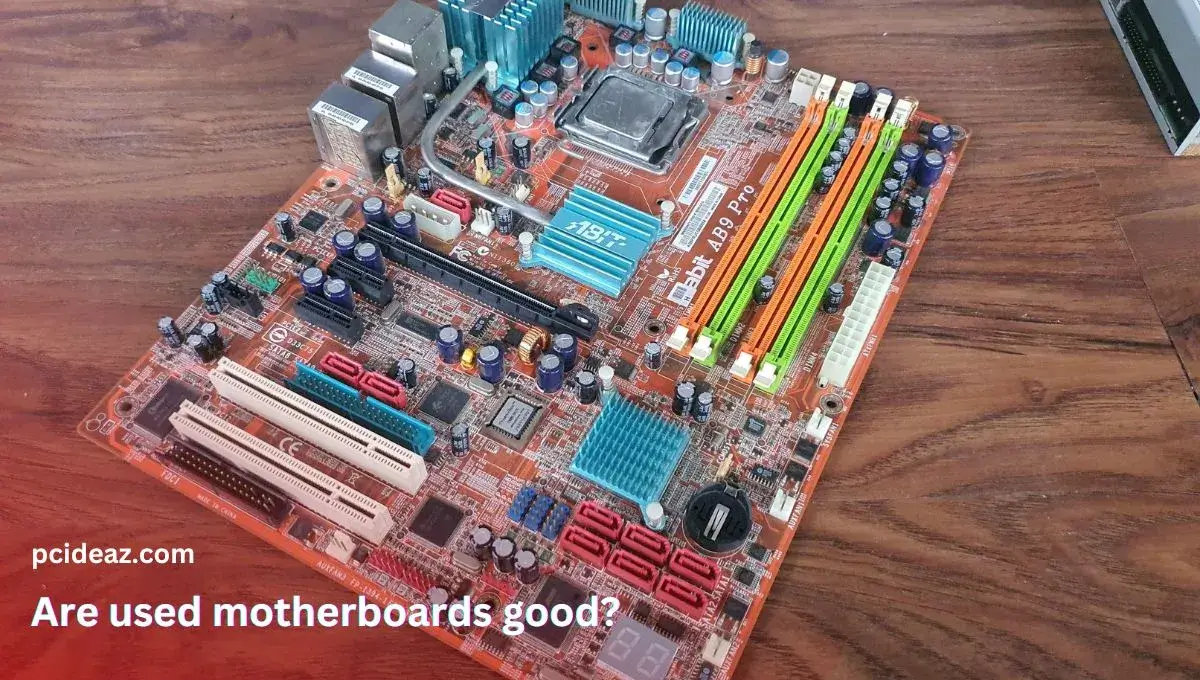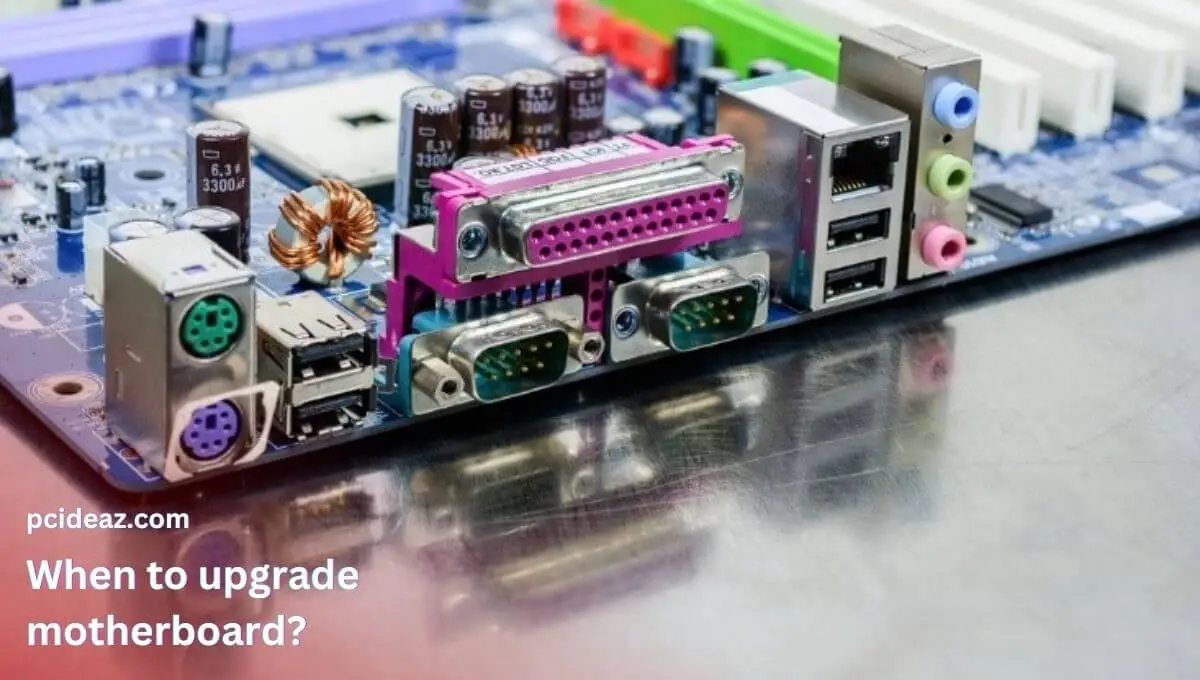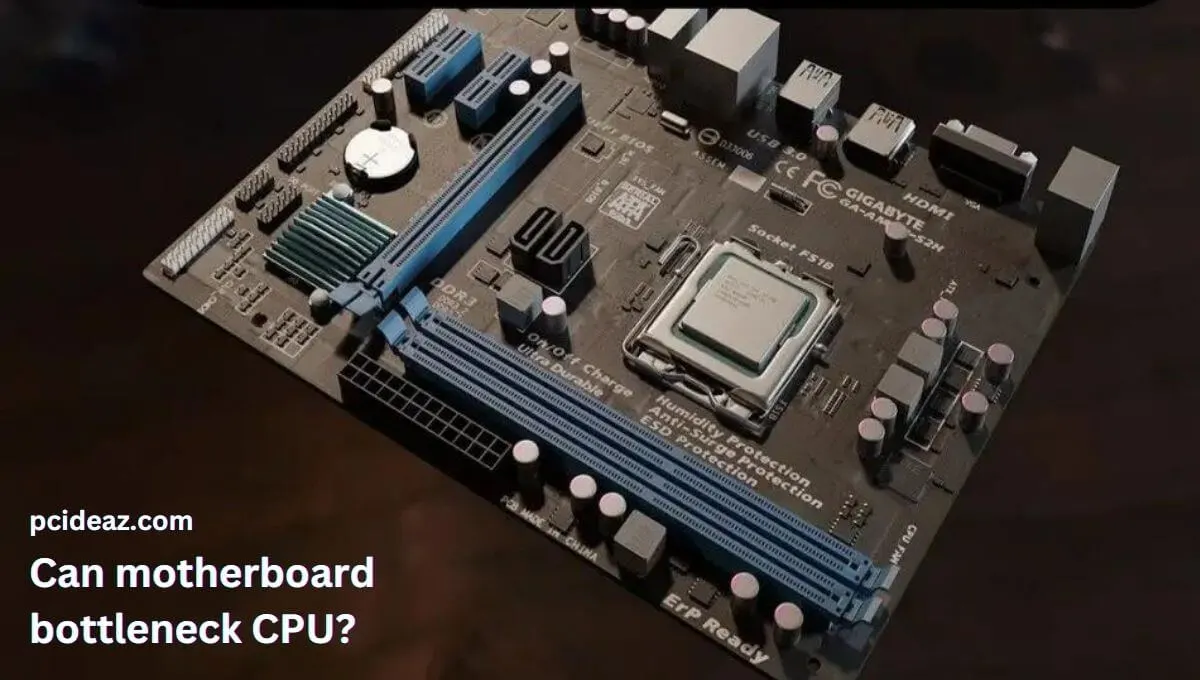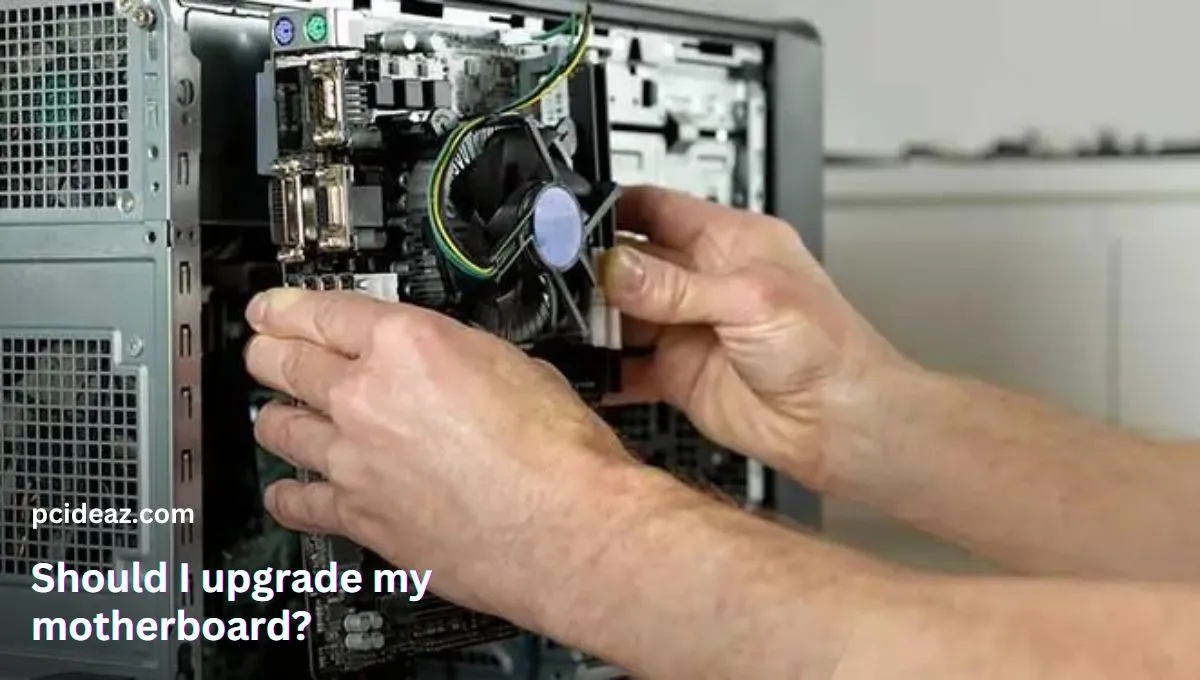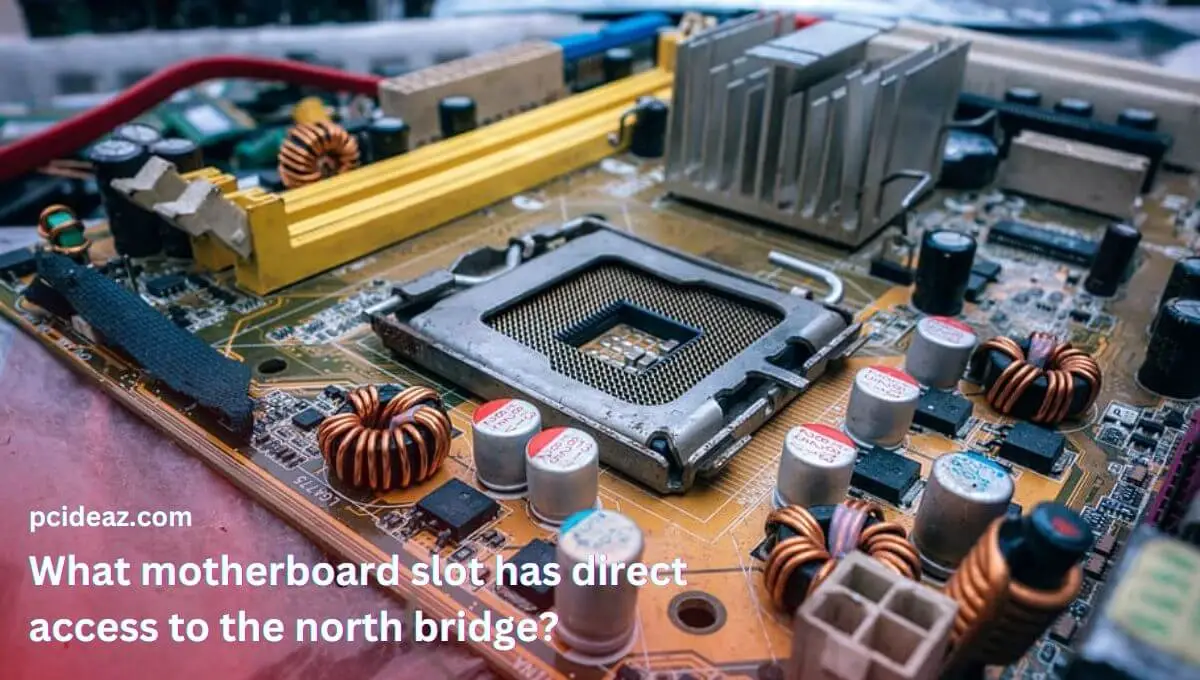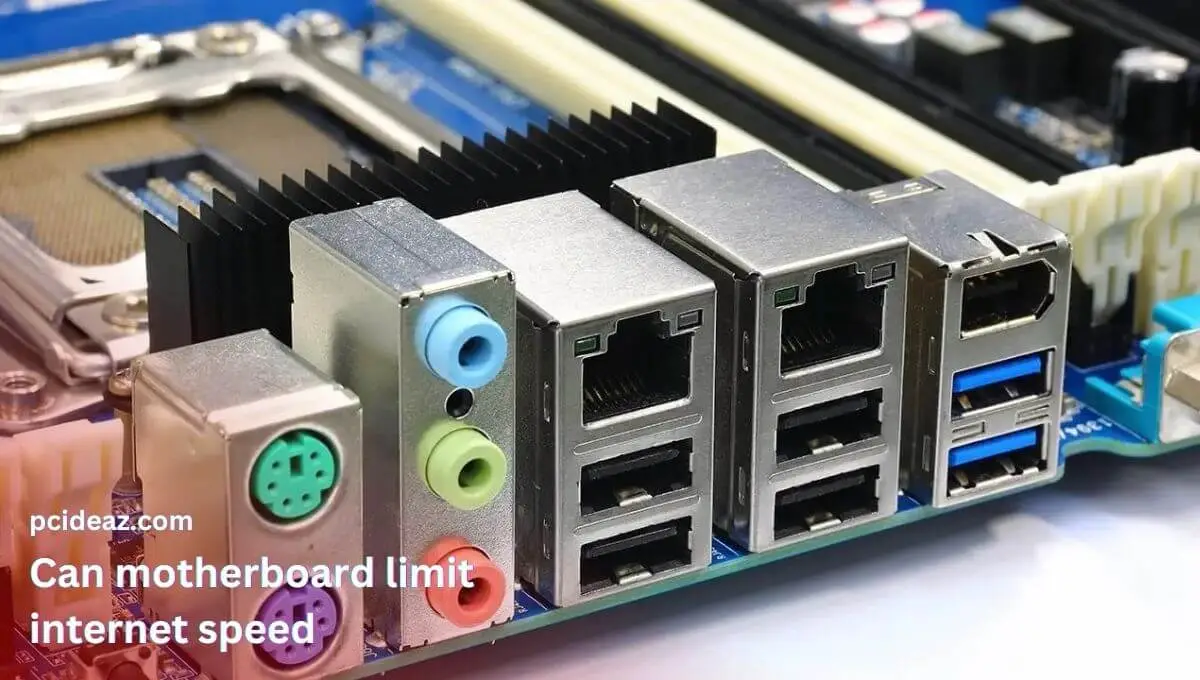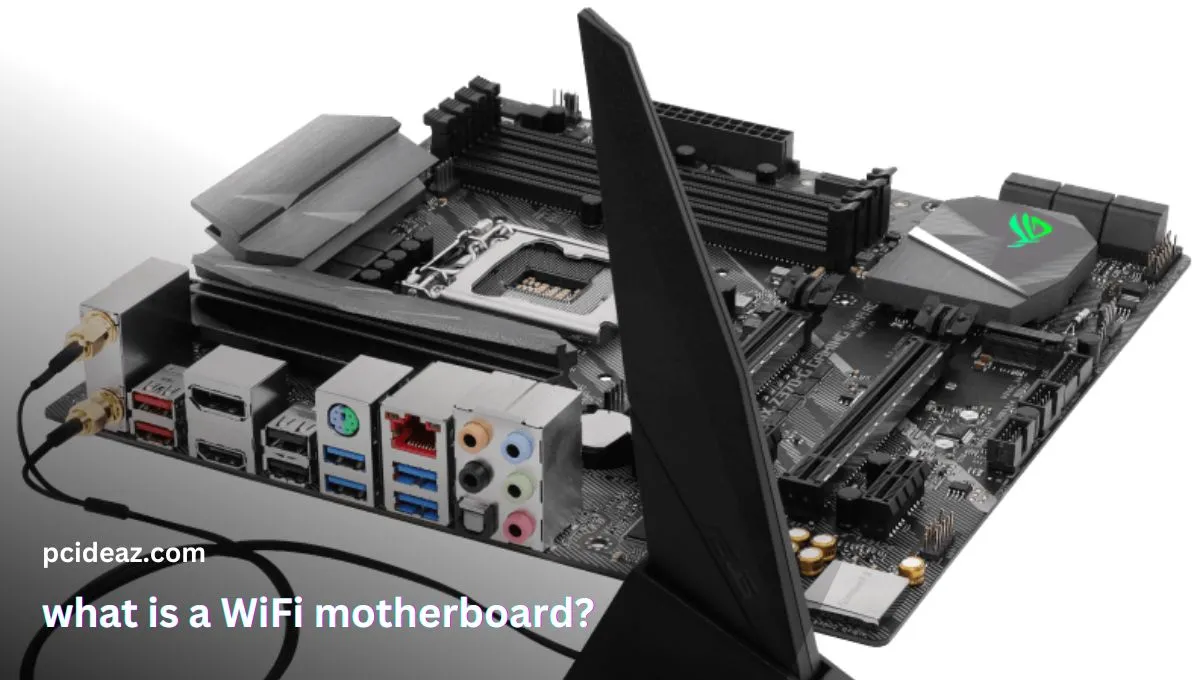Buying a second-hand motherboard may be a good choice for affordability. But the actual answer to are used motherboards good depends on various factors, such as the seller’s age, condition, compatibility, and reputation. If you find a reputable and reliable seller, you should go for buying the motherboard.
In addition, buying a used motherboard can offer advantages, but it has a few potential disadvantages as well. Therefore, it’s essential to carefully consider these factors and tips to ensure a smart purchasing decision. In this article, we will clear up all your concerns. Let’s dive deep and find the answer!
Key Takeaways
- Used motherboards can provide a cost-effective solution for building or upgrading a computer.
- The quality of a used motherboard is influenced by several factors, such as age, condition, compatibility, and the seller’s reputation.
- You must check age, brand, compatibility, and seller reputation when buying a used motherboard.
- It’s important to inspect and test the motherboard and purchase from a reputable seller for a smart buying decision.
Advantages of Used Motherboards
There are several advantages to purchasing used motherboards:
- Cost-effectiveness: Used motherboards are typically less expensive than brand-new ones, making them a cost-effective option for those looking to build a computer or upgrade their existing system.
- Availability of older models: Used motherboards can offer access to older models that may no longer be produced or sold by manufacturers, which can be useful for those with older computer systems looking to replace a faulty motherboard.
- Greater variety in selection: Since used motherboards can come from a variety of sources, there may be a wider selection available than what is currently on the market. This can give buyers more options to choose from, including models with features that may not be available in newer motherboards.
Disadvantages of Used Motherboards
Along with the advantages, there are also some potential disadvantages to purchasing used motherboards:
- Lack of warranty or return policy: Used motherboards typically do not come with a warranty or return policy, so buyers may not have any recourse if the motherboard is defective or damaged.
- Risk of damage or defects: Used motherboards may have been damaged or have defects that are not immediately visible. This can result in issues with the computer system that can be difficult and expensive to repair.
- Compatibility issues: Used motherboards may not be compatible with other components in the computer system, which can result in further expenses and headaches for the buyer. It’s important to research and ensure compatibility before making a purchase.
Factors to Consider When Purchasing Used Motherboards
When purchasing a used motherboard, there are several important factors to consider:
- Age of the motherboard: The age of the motherboard can impact its performance and compatibility with other components. It’s important to research and ensure that the motherboard is not too outdated for the intended use.
- Compatibility with other components: It’s important to ensure that the used motherboard is compatible with other components in the computer system, including the CPU, RAM, and power supply.
- Brand and model reputation: Different brands and models of motherboards have varying levels of quality and reliability. It’s important to research and choose a reputable brand and model.
- Seller reputation and reliability: It’s important to purchase from a reputable seller with a good track record of selling used computer components. This can help ensure that the motherboard is in good condition and that the seller will provide good customer service in the event of any issues.
Tips for Purchasing Used Motherboards
When purchasing a used motherboard, there are several tips to keep in mind to ensure a smart purchasing decision:
- Inspect the motherboard for physical damage: Check for any signs of physical damage, such as bent or missing pins, burnt marks, or bulging capacitors.
- Test the motherboard before purchasing: If possible, test the motherboard to ensure that it is functioning properly. This can include booting up the system, checking for errors or issues, and testing all ports and slots.
- Purchase from a reputable seller: Look for sellers with a good reputation and track record of selling used computer components. This can help ensure that the motherboard is in good condition and that the seller will provide good customer service in the event of any issues.
- Check the seller’s return policy: Make sure to check the seller’s return policy to ensure that you have recourse if the motherboard is defective or not as described. This can help protect you in case of any issues that arise after the purchase.
